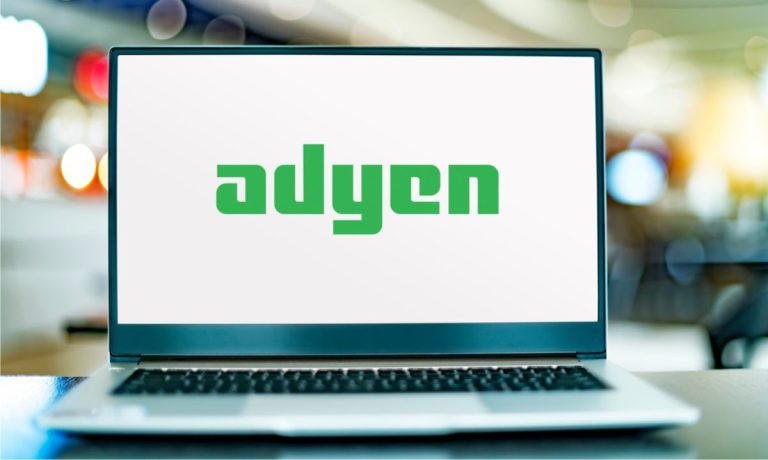The milestone demonstrates the potential of the technology in providing secure transactions, the company said in a Thursday (Sept. 12) news release.
“Security remains a top priority for businesses, however this no longer needs to come at the expense of the customer experience,” the release said.
With tokenization, which converts regular card numbers into secure non-sensitive tokens, businesses have seen an average of 3% increase in authorization rates, which equates to a multimillion-dollar boost in monthly revenue, according to the release.
Because network tokens are less expensive to process than a primary account number card payment, businesses can lower costs while improving transaction approval rates and revenue, particularly for subscription or digital businesses that provide customers “save card details” features to make it easier to shop online.
“Network tokenization is a powerful tool,” Adyen Global Head of Digital Trevor Nies said in the release. “It brings the two-fold benefit of increasing customer security, while increasing authorization rates, and therefore revenue for businesses.”
Advertisement: Scroll to Continue
The news comes as consumers are willing to trade convenience for security during transactions, a description that applies to nearly two-thirds of banking customers, per the PYMNTS report “Retail Banking Security: Consumer Behavior in Focus.”
But with tokenization, consumers have both security and convenience, Valeri Vanourek, vice president of digital products at Discover Global Network, told PYMNTS in June.
Meanwhile, tokenized deposits are being more widely considered and championed across far-flung corners of banking. Ninety-three percent of central banks across the globe are developing central bank digital currencies (CBDCs), which depend on blockchain-based architectures and are themselves a type of tokenized digital assets.
Major money movement areas such cross-border payments, remittances and trade finance are all seen by proponents as places where tokenization can offer fluidity, transparency and better transaction experiences. Still, they haven’t yet had their big breakthrough.
“The true intrinsic value of blockchain, which is around programmability of transactions, immutability of transactions, and the ability to do delivery versus payment and always-on types of payments, has yet to be unlocked,” Mastercard Chief Digital Officer Jorn Lambert told PYMNTS in July.

